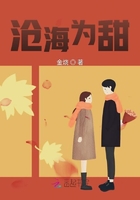So now Pahóm had land of his own. He borrowed seed, and sowed it on the land he had bought. The harvest was a good one, and within a year he had managed to pay off his debts both to the lady and to his brother-in-law. So he became a landowner, ploughing and sowing his own land, ****** hay on his own land, cutting his own trees, and feeding his cattle on his own pasture. When he went out to plough his fields, or to look at his growing corn, or at his grass-meadows, his heart would fill with joy. The grass that grew and the flowers that bloomed there, seemed to him unlike any that grew elsewhere. Formerly, when he had passed by that land it had appeared the same as any other land, but now it seemed quite different.
III
So Pahóm was well-contented, and everything would have been right if the neighbouring peasants would only not have trespassed on his corn-fields and meadows. He appealed to them most civilly, but they still went on: now the Communal herdsmen would let the village cows stray into his meadows; then horses from the night pasture would get among his corn. Pahóm turned them out again and again, and forgave their owners, and for a long time he forbore from prosecuting any one. But at last he lost patience and complained to the District Court. He knew it was the peasants' want of land, and no evil intent on their part, that caused the trouble; but he thought:
'I cannot go on overlooking it, or they will destroy all I have. They must be taught a lesson.'
So he had them up, gave them one lesson, and then another, and two or three of the peasants were fined. After a time Pahóm's neighbours began to bear him a grudge for this, and would now and then let their cattle on to his land on purpose. One peasant even got into Pahóm's wood at night and cut down five young lime trees for their bark. Pahóm passing through the wood one day noticed something white. He came nearer, and saw the stripped trunks lying on the ground, and close by stood the stumps, where the trees had been. Pahóm was furious.
'If he had only cut one here and there it would have been bad enough,' thought Pahóm, 'but the rascal has actually cut down a whole clump. If I could only find out who did this, I would pay him out.'
He racked his brains as to who it could be. Finally he decided: 'It must be Simon -- no one else could have done it.' So he went to Simon's homestead to have a look round, but he found nothing, and only had an angry scene. However, he now felt more certain than ever that Simon had done it, and he lodged a complaint. Simon was summoned. The case was tried, and re-tried, and at the end of it all Simon was acquitted, there being no evidence against him. Pahóm felt still more aggrieved, and let his anger loose upon the Elder and the Judges.
'You let thieves grease your palms,' said he. 'If you were honest folk yourselves, you would not let a thief go free.'
So Pahóm quarrelled with the Judges and with his neighbours.
Threats to burn his building began to be uttered. So though Pahóm had more land, his place in the Commune was much worse than before.
About this time a rumour got about that many people were moving to new parts.
'There's no need for me to leave my land,' thought Pahóm. 'But some of the others might leave our village and then there would be more room for us. I would take over their land myself, and make my estate a bit bigger. I could then live more at ease. As it is, I am still too cramped to be comfortable.
One day Pahóm was sitting at home, when a peasant, passing through the village, happened to call in. He was allowed to stay the night, and supper was given him. Pahóm had a talk with this peasant and asked him where he came from. The stranger answered that he came from beyond the Volga, where he had been working. One word led to another, and the man went on to say that many people were settling in those parts. He told how some people from his village had settled there. They had joined the Commune, and had had twenty-five acres per man granted them. The land was so good, he said, that the rye sown on it grew as high as a horse, and so thick that five cuts of a sickle made a sheaf.
One peasant, he said, had brought nothing with him but his bare hands, and now he had six horses and two cows of his own.
Pahóm's heart kindled with desire. He thought:
'Why should I suffer in this narrow hole, if one can live so well elsewhere?
I will sell my land and my homestead here, and with the money I will start afresh over there and get everything new. In this crowded place one is always having trouble. But I must first go and find out all about it myself.
Towards summer he got ready and started. He went down the Volga on a steamer to Samára, then walked another three hundred miles on foot, and at last reached the place. It was just as the stranger had said. The peasants had plenty of land: every man had twenty-five acres of Communal land given him for his use, and any one who had money could buy, besides, at two shillings an acre[20] as much good freehold land as he wanted.
Having found out all he wished to know, Pahóm returned home as autumn came on, and began selling off his belongings. He sold his land at a profit, sold his homestead and all his cattle, and withdrew from membership of the Commune. He only waited till the spring, and then started with his family for the new settlement.
IV















